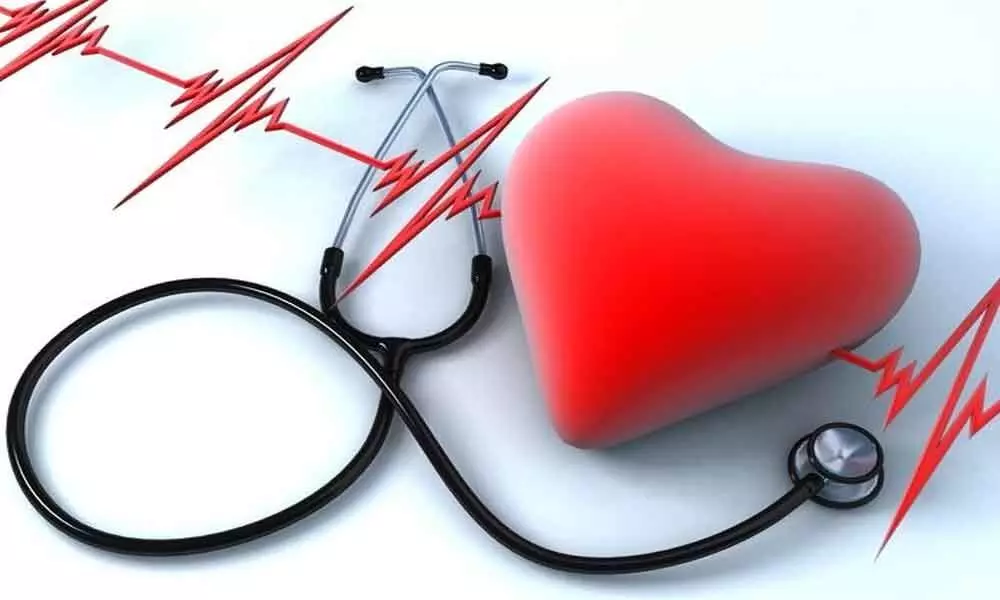Silent heart attack can be treacherous, fatal

Silent heart attack can be treacherous, fatal
Did you know that cardiovascular disease is one of the top causes for human fatality not just in India but all over the world? Once known as a condition that affects only the elderly, today cardiovascular disease affects even the younger population owing to the sedentary lifestyle they follow
Did you know that cardiovascular disease is one of the top causes for human fatality not just in India but all over the world? Once known as a condition that affects only the elderly, today cardiovascular disease affects even the younger population owing to the sedentary lifestyle they follow. Having the right knowledge about cardiac-related problems and knowing the initial symptoms always helps in getting timely treatment and avoiding complications. One of the topics which people need to be aware of is silent heart attacks.
The lifestyle we follow can affect our lives in multiple ways. Lack of physical activity along with a high fat and cholesterol diet can impact the heart's health. Over time, fat, cholesterol and other substances can build up in the wall of the heart arteries that block the passage of blood. It can rupture and cause serious damage to the heart and can result in a heart attack.
A silent heart attack also termed as Silent Myocardial Infarction (SMI) is a serious, life-threatening condition. SMI can occur without showing any symptoms, minimal symptoms or unrecognizable symptoms and are often confused to be other health conditions leading to people ignoring all the symptoms. In most cases, silent heart attacks are mostly confused with indigestion, fatigue or even strained muscle near the chest.
Unlike a regular heart attack, a silent heart attack does not exhibit the typical symptoms like severe chest pain, shortness of breath, pain in the jaw and arms or cold sweats. Since the symptoms are mild such as fatigue or physical discomfort, they often go unnoticed and people don't consider it as a serious health concern.
Chest pain, pressure, fullness, or discomfort are some of the symptoms one needs to keep an eye on. You may experience pain or discomfort in your arms (either or both), discomfort in the back, neck, jaw, stomach, breathing difficulty, dizziness and sometimes even nausea. These symptoms vary from person to person. They usually start mildly and are present intermittently. It is crucial to recognize these signs and symptoms and if you feel that something is not right with your health, seek medical help.
A silent heart attack increases the risk of recurring heart attacks in future which can be life-threatening. Having another heart attack also increases your risk of other health complications. The risk factors for a silent heart attack are the same as those for a typical heart attack such as age, obesity, sedentary lifestyle, diabetes, high blood pressure, cholesterol, smoking and those with a family history of heart disease. Diabetic patients are at increased risk of a silent heart attack.
Understanding the risk factors and avoiding them is key to having a healthy heart. One can follow the instructions below to manage and lower the risk of a heart attack. Doctors advise keeping blood pressure and cholesterol levels in control, avoiding smoking and use of tobacco products, eating healthy, avoiding food with high-fat content, following DASH diet, ie consume more vegetables, fruits and whole grains, fat-free or low-fat dairy products, fish, poultry, beans and nuts, manage, manage stress, get an adequate amount of sleep, be active and maintain a healthy weight.
(The author is Consultant - Cardiologist at Columbia Asia Hospital, Hebbal)








